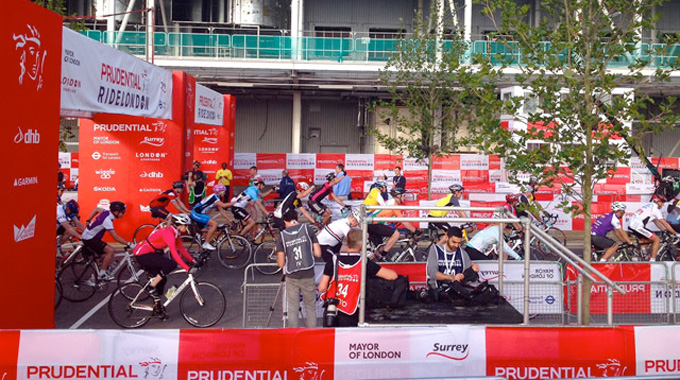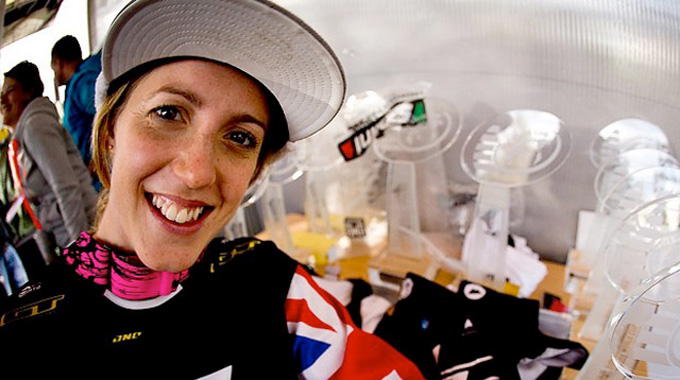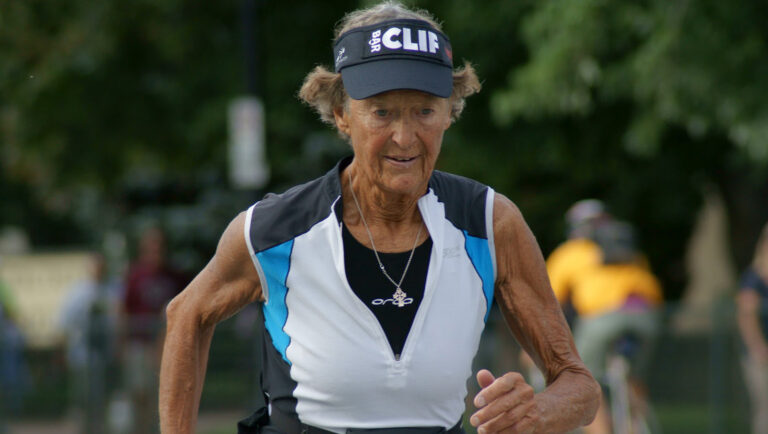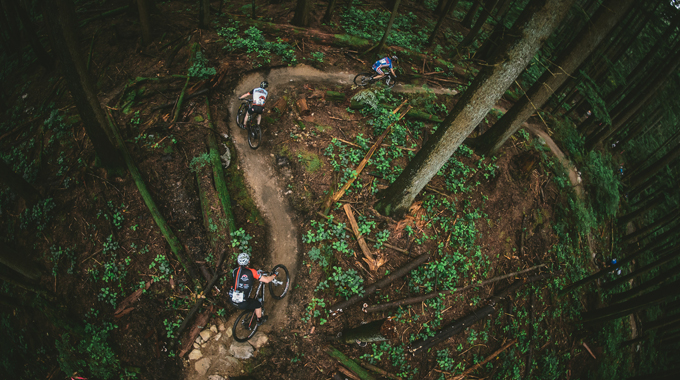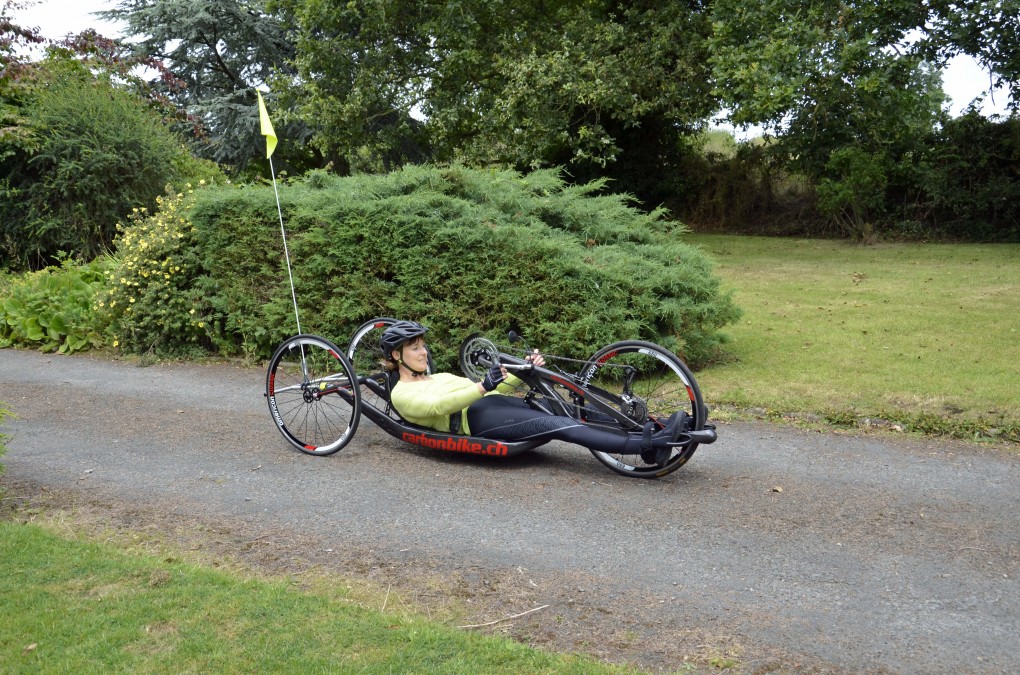
It was the 17 March 2012, I was out cycling with my partner, we were just cycling into the village to get some breakfast. A four-wheel drive with a trailer overtook us and I was cycling at the front, he didn’t leave enough room and he basically wiped me out. I think he hit my pedal so I went over the handlebars and landed on my spine on his trailer which is when I broke my spine and then bounced off and hit the road, I went spinning off down the road. I had quite a few injuries, a few broken ribs, a broken nose and a fractured cheekbone and lots of abrasions.
I was airlifted to hospital. I then had surgery on my spine and on my face. I spent five days in the trauma unit and was moved to the spinal unit for 3 and half months
The driver didn’t stop, but the police think he would have known that he hit me. But he carried on and was never caught as there was no CCTV and no forensic evidence at the scene so that was that really.
I took every day as it came. Every day in the beginning was very difficult. It was all quite traumatic at the time. I can’t identify any particular one time, it was just really difficult.
I had to learn everything all over again, including how to dress myself. With a spinal cord injury it effects everything, it’s not just that you are paralyzed, it effects your bladder and your bowels so it is difficult.
Initially it was re-learning skills, everyday skills and then I spent 12 months in a transitional house for people with spinal cord injuries. While I was there I went on a back-up multi-activity weekend. That was my first experience with hand cycling. We also did kayaking, abseiling, wheelchair basketball. It was at that point I met people with spinal cord injuries that were doing amazing things and just getting on with their lives. Travelling around the world and all sorts of things that I thought wouldn’t be possible for me to do again. It opened my mind to new possibilities.
Ever since my injury, I have just tried to keep as busy as possible. Including when I was in hospital I kept really busy, I was on the go the whole time. That’s how I coped with it really, I’ve tried to make positive use of my time. I was always fit and active before my accident so I have just tried to stay fit and active as I can. I have done lots of physiotherapy and hydrotherapy and now I have got really into doing sports. I am training for para-triathlon at the moment.
My first taste of the bike was at the Back Up weekend which was four months after I came out of hospital. Then eventually I bought a lasher, which is an all-terrain bike, a bit like a mountain bike but a hand cycle. I then bought a second hand carbon bike, a racing recumbrant bike.
I went to the talent ID day for the para-triathlon with British Triathlon and I got onto the talent squad. So the idea is that we train up over the winter and hopefully be ready to compete internationally next season. So we’ll see. I have done a super sprint para-triathlon and I’ll do the Liverpool one on 10 August.
I am hoping to be able to compete internationally. At the moment, I am waiting to hear about the application process for Rio, I probably wouldn’t be ready for Rio but Tokyo would be my long term goal, that would be six years away so it’s more of a long term goal.
A typical week for me is pretty busy. I am trying to do two swim sessions – one in open water and one in a pool, two cycle sessions and two wheelchair sessions – one on a track and one out in the park.
I think there is always a way. If you want to do something there is a way you can do it. If you’ve got a spinal cord injury or another disability it’s just about finding a way that you can do it. You might need a bit more help or support and equipment but there is always a way of doing. Back Up are a really good organisation for helping people to get out there and do it.
Back Up do outreach and awareness work. I am a volunteer and I am also doing wheelchair skills training now too. So we go to the hospital and tell people about Back Up and the work they do to try and get people involved in that way.
Anybody can raise money for Back Up so I would encourage to get out there and fundraise with their local club.
If you’ve been inspired by Lizzie, why not sign up to take part in a swimming event of your own? Or combine a swim with your love of cycling by entering a triathlon? If this isn’t your thing, you can still make a difference by holding a coffee morning, a Back Up BBQ, or a quiz. The possibilities are endless.
Like this? You’ll love:
Stretching for Cyclists: Everything you need to know
Lose Weight Cycling: The Complete Guide

